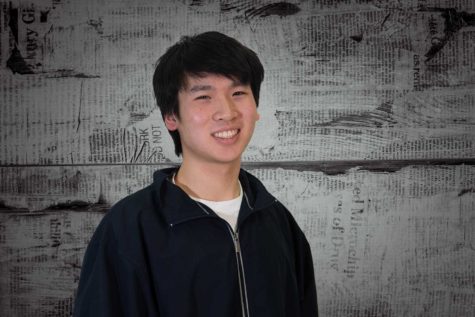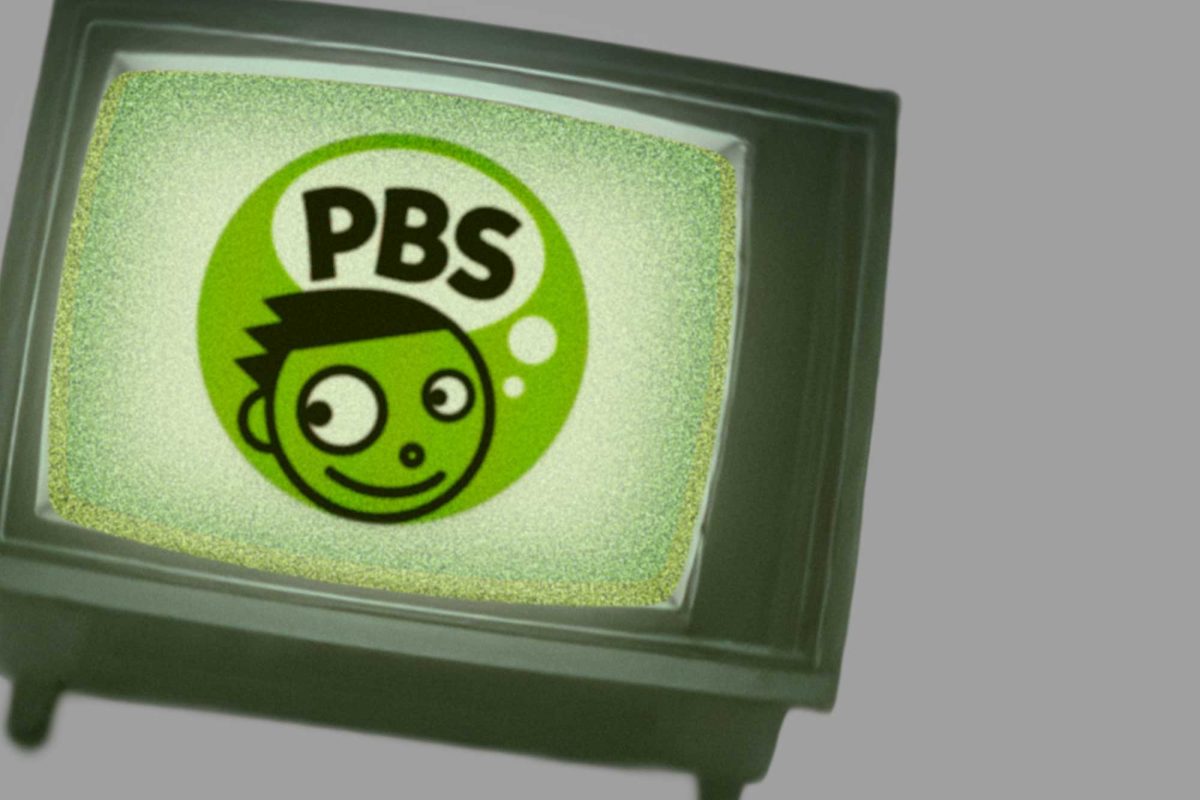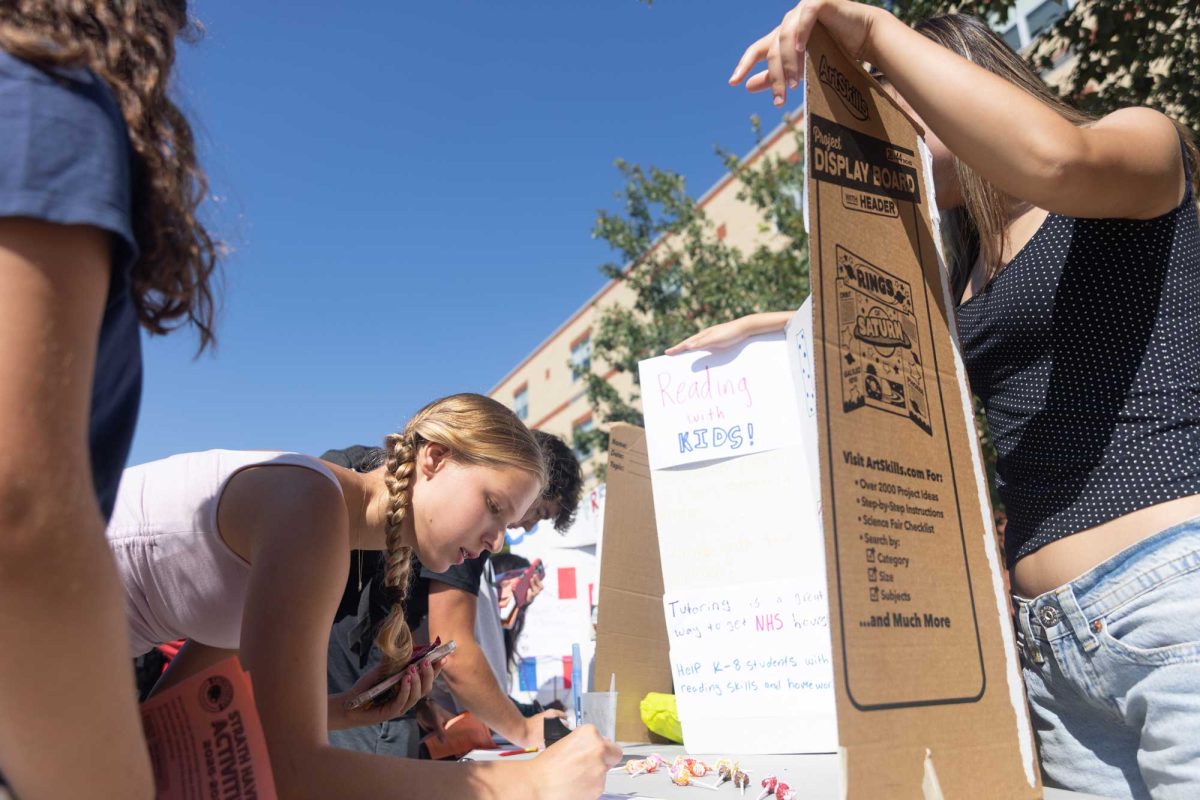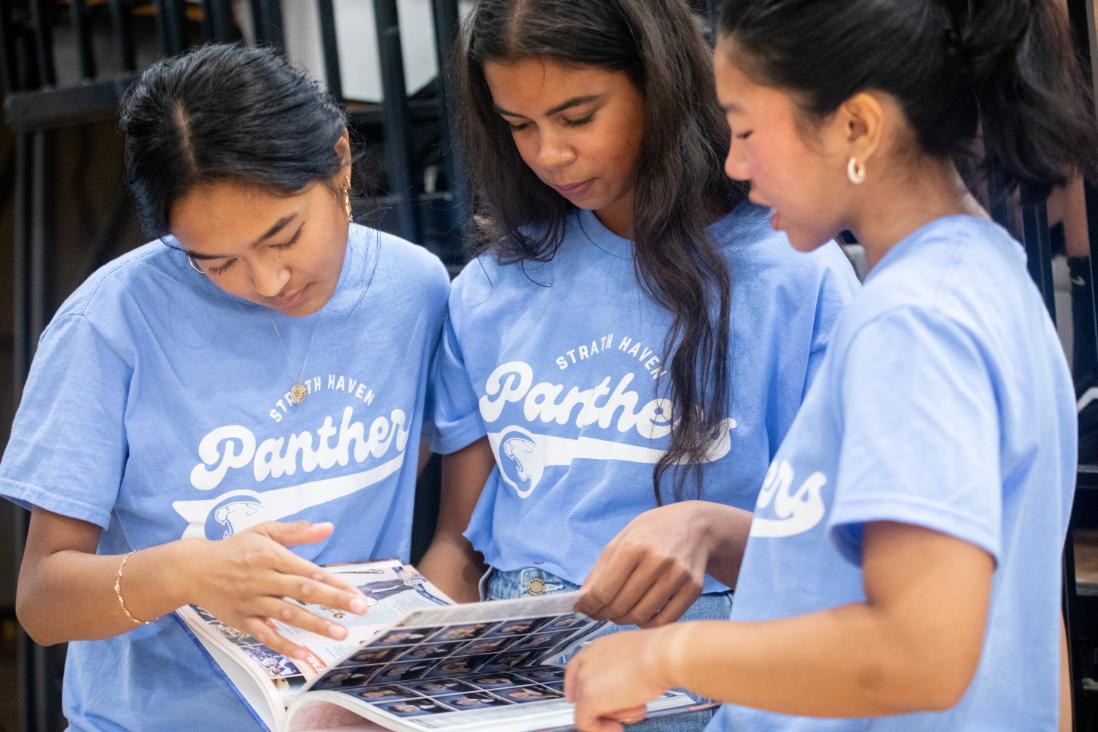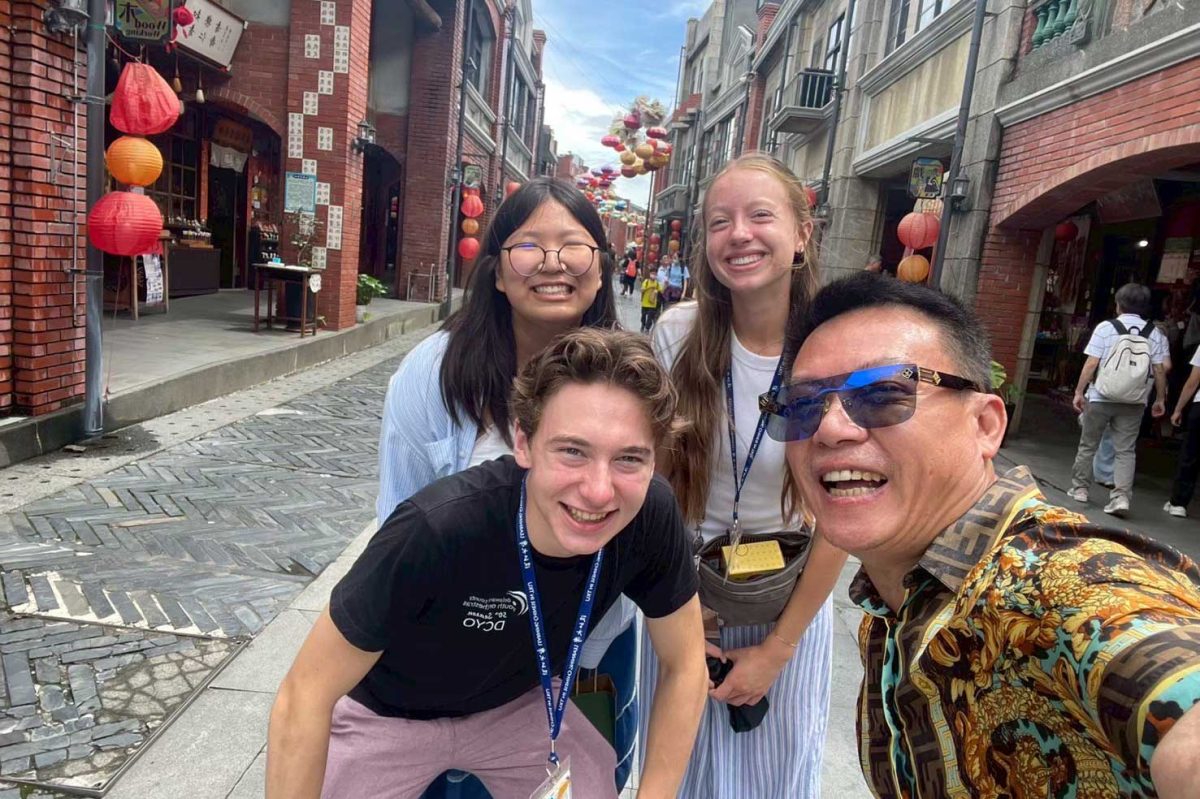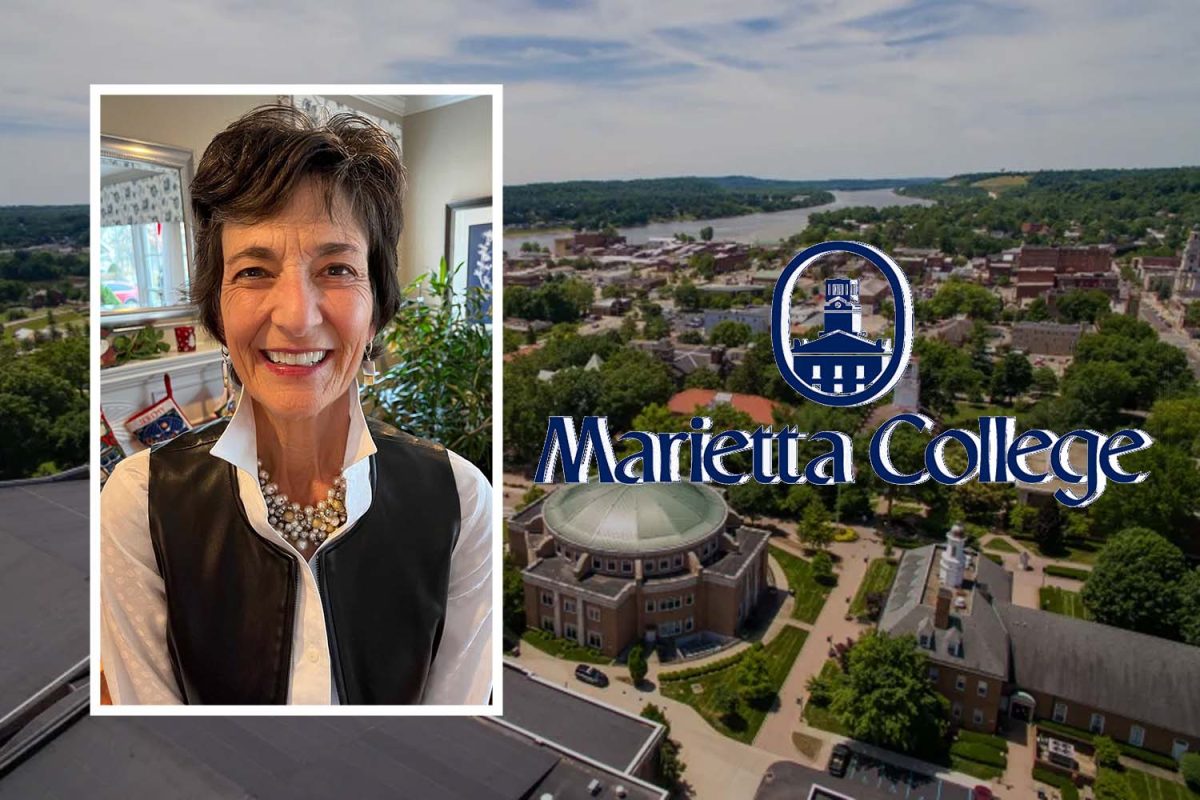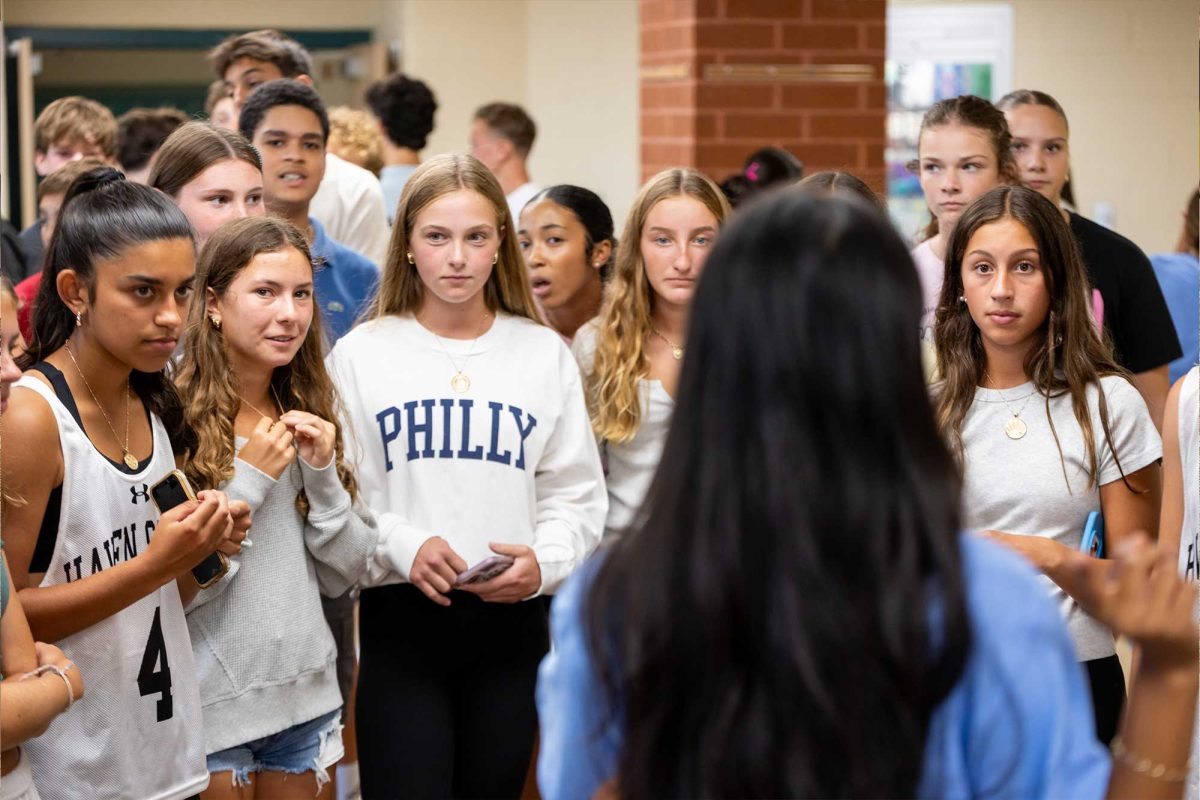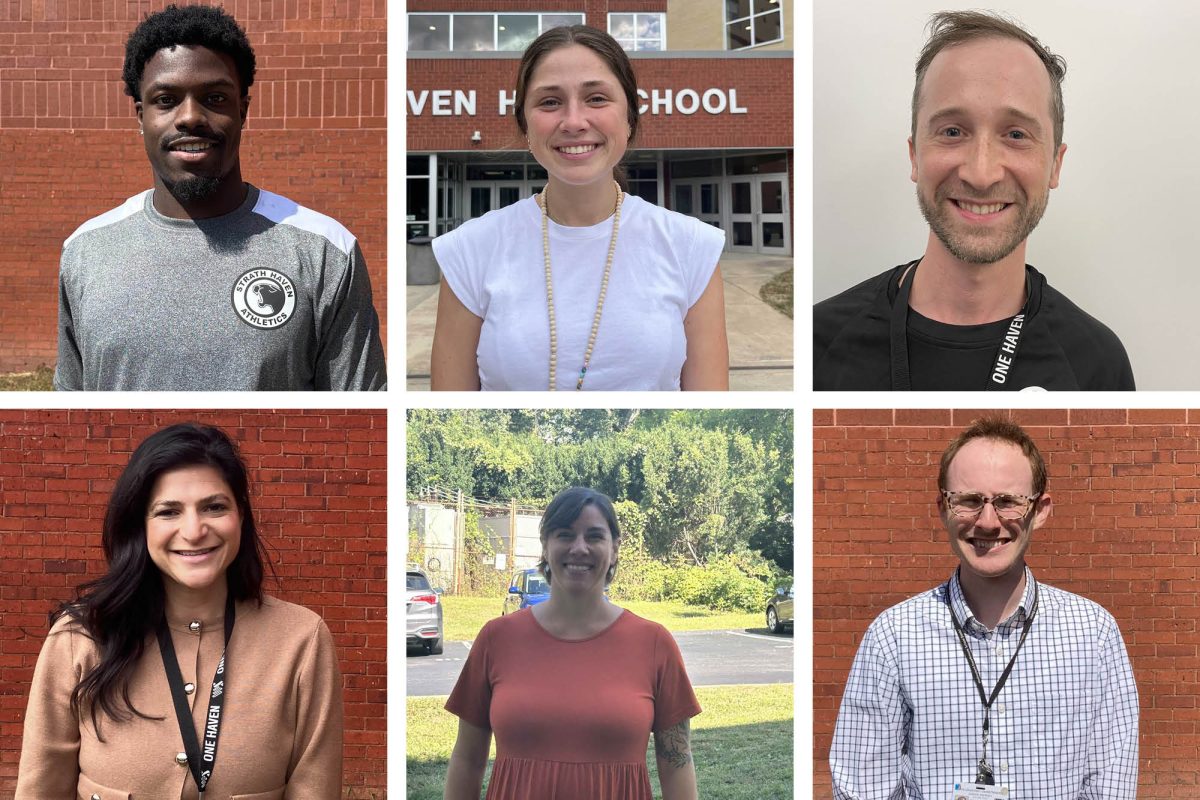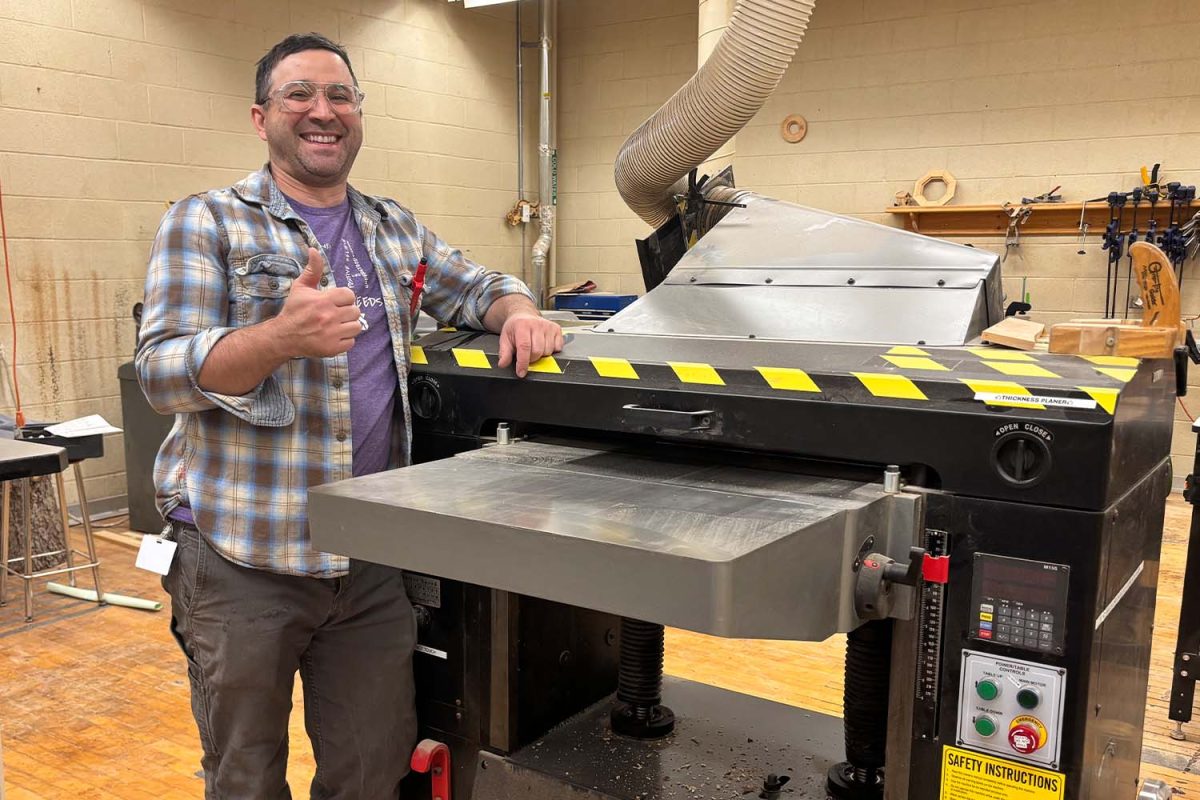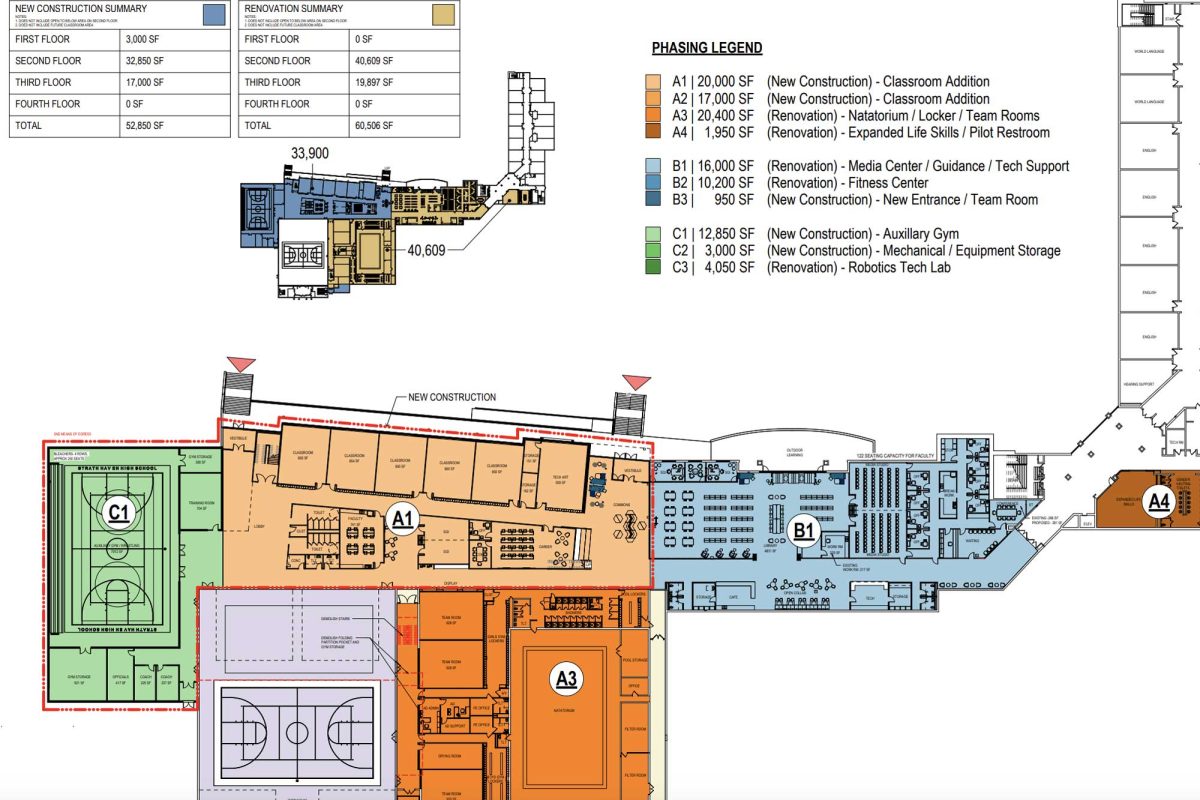Senior Michaela Santisi has had to work extra hard in school.
In an environment where there are “two categories of black people,” she felt she needed to get ahead in order to not confirm a stereotype.
“I felt like I’ve had to have the best grades my entire high school experience because I don’t want to feel like that black girl who’s like loud or not taking it seriously,” she said.
For many students, the motivation for getting good grades is simply being accepted into college; for others, good grades are a social rite of passage. On top of doing well in school, Santisi said she needs to code-switch in order to break away from stereotypes.
Code-switching involves adjusting one’s style of speech, appearance, behavior, and expression in ways that will comfort others, according to the Harvard Business Review.
Code-switching is different for everyone, Santisi said. For her, it often happens unconsciously and automatically.
“It’s just matching the environment and reading the room, which is sometimes extremely hard because sometimes I feel like I’ll say something to the wrong crowd,” she said. “I feel like everyone does that but with black people, it’s like we have to hide more because of our backgrounds. We can’t act the way we do at home in our own environments because other people just wouldn’t understand. And they’ll take it the wrong way.”
Strath Haven students experience cultural differences on a global scale as well.
Senior Euriklea Taraj immigrated to the US from Albania when she was seventeen years old, coming to Strath Haven in the last month of her junior year. She noticed a difference in how friends interact in the US versus in Albania. In Albania, friends greet each other with a kiss on the cheek, while in the US, friends might give a handshake or say hi.
Additionally, in Albania, students stay with the same class throughout the school day; even if initially students might not like one another, over time “you familiarize with them and you’re like brothers and sisters.”
Though there are some cultural differences between Albania and the US, Taraj said that people sometimes assume that you are more different than you really are.
“You don’t get bullied about your background,” she said. “But I feel like people might think that you don’t know stuff…like you’re kind of behind them. I feel like people tend not to talk first or just keep their distance.”
Junior Xing Liu felt a similar sense of ostracism when he first immigrated to the US from China when he was ten.
Liu attended the McCall K-8 School in Philadelphia. For Liu, the main cultural difference there was the language barrier.
“Without language, there’s no way to understand [peoples’] personality and whatnot,” he said. “Additionally, Americans have their own circles, they have their own friend groups, [and] it’s not easy for you to join.”
At McCall, Liu said, not understanding English was problematic.
“[My peers] knew I was from a different country and knew that I didn’t know English,” he said. “They knew no matter what they said I wouldn’t understand. So whatever they wanted to say, they said.”
Despite the apparent cultural barriers and differences, Taraj said it’s important that people first recognize our inherent similarity in being human.
“We are the same,” she said. “You should treat the other [person] the way you would treat your best friend of the other American friends that you have.”
Taraj said that conversations are important.
“I feel like people should talk more with each other,” she said. “Because everyone has a unique story to tell.”
Interview with Xing Liu was translated from Chinese to English by the reporter.




